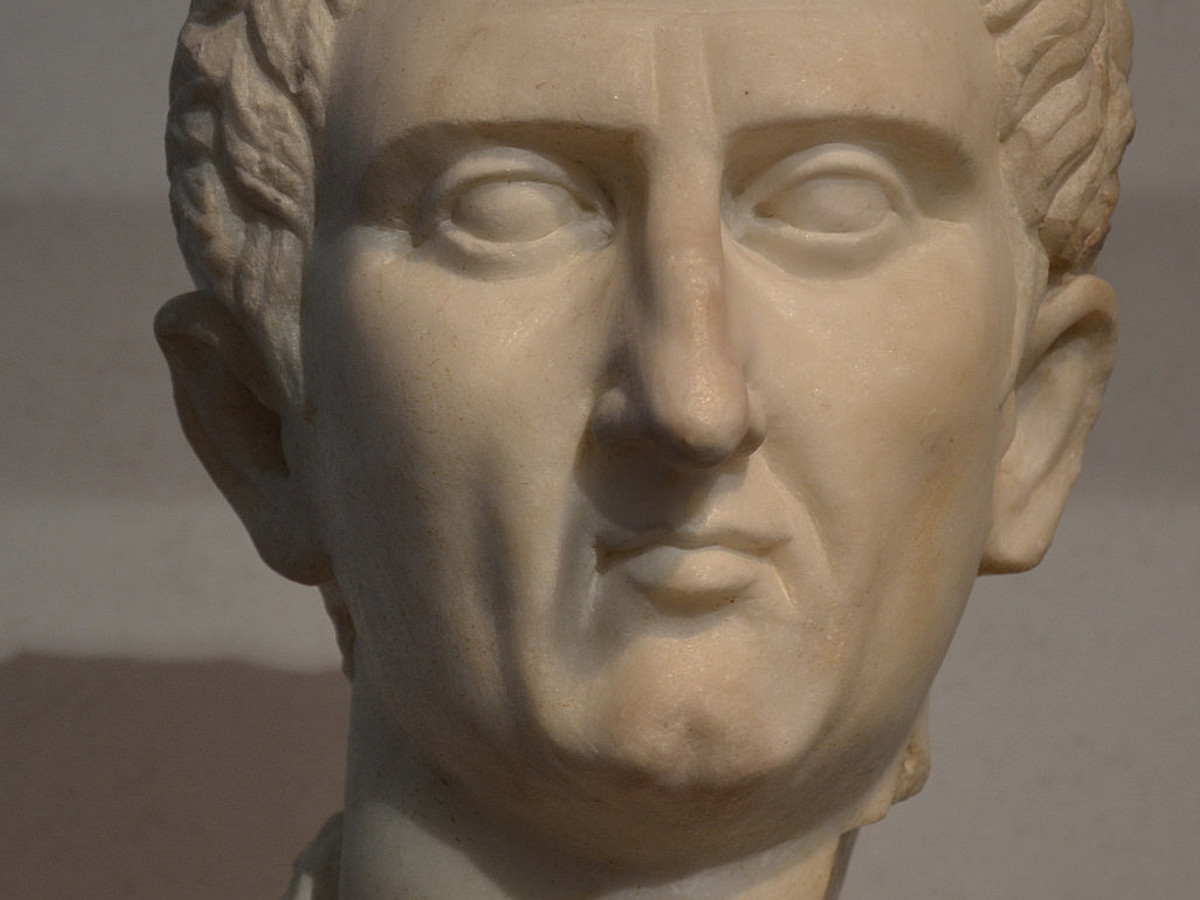Nerva, a name synonymous with wisdom, moderation, and reform, occupies a unique place in the annals of Roman history. Ascending to the imperial throne in 96 AD, Nerva's reign marked a pivotal moment of transition for the Roman Empire, ushering in a period of stability and reconciliation following the tumultuous reign of his predecessor, Domitian. Through his commitment to justice, prudent governance, and the principles of concordia ordinum, Nerva left an indelible mark on the Roman Empire that continues to resonate to this day.
Born in 30 AD into a distinguished family of Roman nobility, Nerva rose through the ranks of Roman society through a combination of political acumen and military service. His early career was marked by loyal service to the emperor and distinguished military campaigns on behalf of the Roman state. However, it was not until the death of Domitian in 96 AD that Nerva's true potential as a leader would be realized.
Following the assassination of Domitian,
Nerva was acclaimed emperor by the Senate and the Praetorian Guard, marking the beginning of his transformative reign. Unlike his predecessors, who ruled with an iron fist and sought to expand the empire through conquest, Nerva adopted a more conciliatory approach to governance, seeking to heal the wounds of civil strife and restore harmony to Roman society.
One of Nerva's most notable achievements as emperor was his commitment to justice and the rule of law. He instituted a series of legal reforms aimed at curbing corruption, ensuring fair treatment for all citizens, and protecting the rights of the marginalized. Under his rule, Rome experienced a period of relative peace and stability, known as the Pax Nerviana, which fostered economic growth, cultural flourishing, and social cohesion.
Nerva's reign was also marked by a commitment to social welfare and public works projects. He sponsored numerous building projects, including the renovation of public infrastructure and the construction of new temples, aqueducts, and roads. Additionally, Nerva implemented social welfare programs to provide assistance to the poor and disadvantaged, earning him the admiration and gratitude of his subjects.
Yet, perhaps Nerva's most enduring legacy lies in his role as a reformer and a champion of constitutional government. Recognizing the need for a stable succession plan to ensure the continuity of the empire, Nerva adopted the practice of adopting a successor, rather than appointing one from within his own family. This decision paved the way for the adoption of Trajan as his successor, setting a precedent for future emperors to follow.
Nerva's reign as emperor represents a golden age of Roman history, characterized by wisdom, moderation, and reform. Through his commitment to justice, prudent governance, and the principles of concordia ordinum, Nerva left an indelible mark on the Roman Empire that continues to resonate to this day. As one of Rome's greatest emperors, Nerva's legacy serves as a timeless reminder of the enduring power of leadership and statesmanship in shaping the destiny of nations.




